SUMMARY
This is AI generated summarization, which may have errors. For context, always refer to the full article.
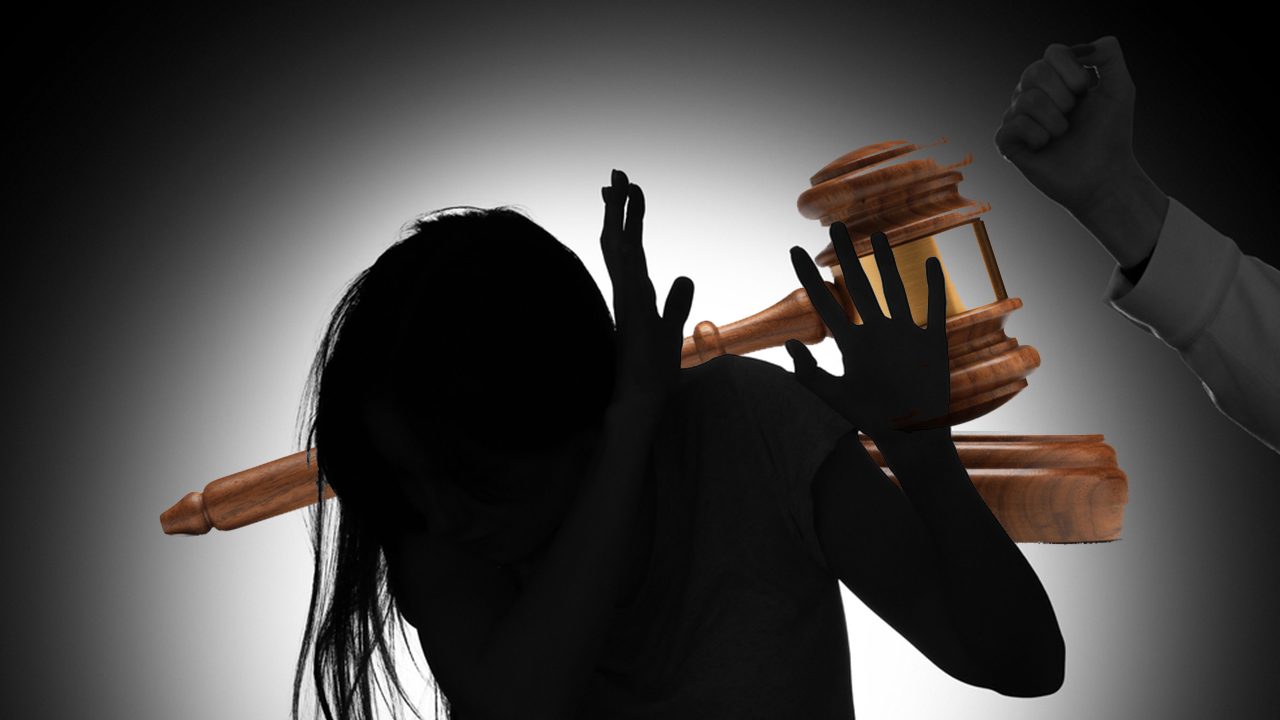
AKLAN, Philippines – Advocates for women experiencing domestic violence hailed the August 1 acquittal of a woman resident of Makato town in Aklan province accused of parricide in 2017, with the Kalibo Regional Trial Court citing the battered woman syndrome (BWS).
Presiding Judge Montalid P. Patnubay Jr’s decision described the defendant, who hacked her husband to death, as “a victim-survivor of intimate battering in spousal abuse.”
He said the accused had suffered from BWS “long before, during, and the time of the consummation” of the hacking that killed her tormentor.
Patnubay said the logical, chronological testimony of the accused showed years of abuse and battery at home and even outside, up to the day she hacked her husband in their bedroom.
His decision also praised retired judge Eustaquio Terencio, the woman’s pro-bono lawyer, for taking the case and using BWS as defense.
Patnubay’s 33-page decision, portions of which his office allowed Rappler to access, cited the 78-year-old Terencio for “the first and pioneer” case since the Philippines passed Republic Act No. 9262 (An Act Defining Violence Against Women and Their Children) on March 8, 2004.
The law was passed a few months after the Supreme Court in January 2004 used BWS in overturning the death penalty imposed in 1998 against Marivic Genosa.
Terencio, who retired in 2007, told Rappler on August 29, that the defense used Section 26 of the Republic Act 9262, which states that BWS-suffering victim-survivors do not incur any criminal and civil liability notwithstanding the absence of any of the elements for justifying circumstances of self-defense under the Revised Penal Code.
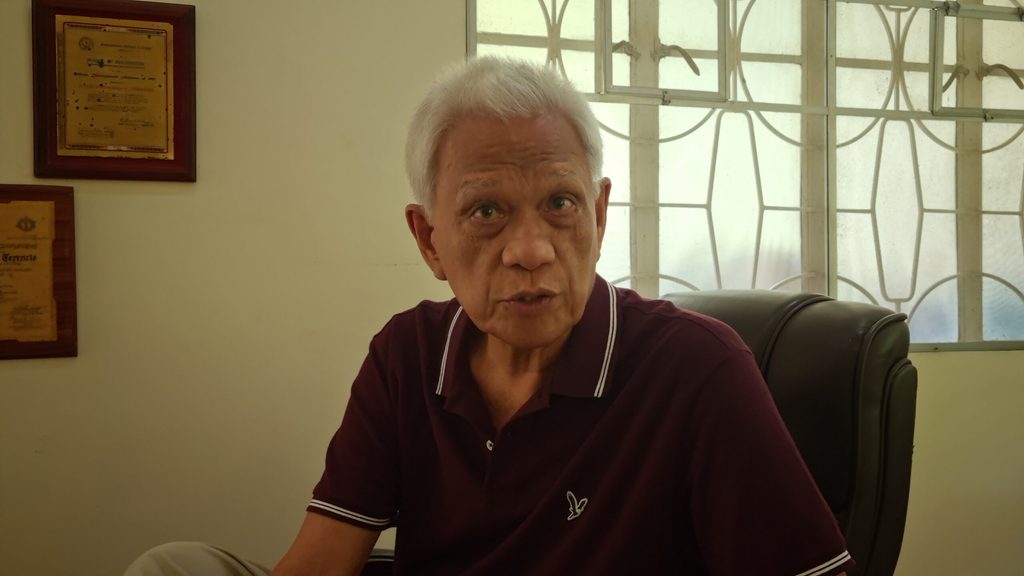
Daughter’s testimony
The incident happened in 2017 when the woman reportedly killed her husband while he was sleeping in their home at Barangay Poblacion, Makato Aklan.
In 2018, the judge granted the accused P24,000 bail.
The defense presented expert witnesses who testified that the accused was suffering BWS, and what this did to her state of mind.
Her daughter also appeared before the court to detail the maltreatment she and her mother suffered, saying her father slapped her and had abused her mother a few hours before he was killed.
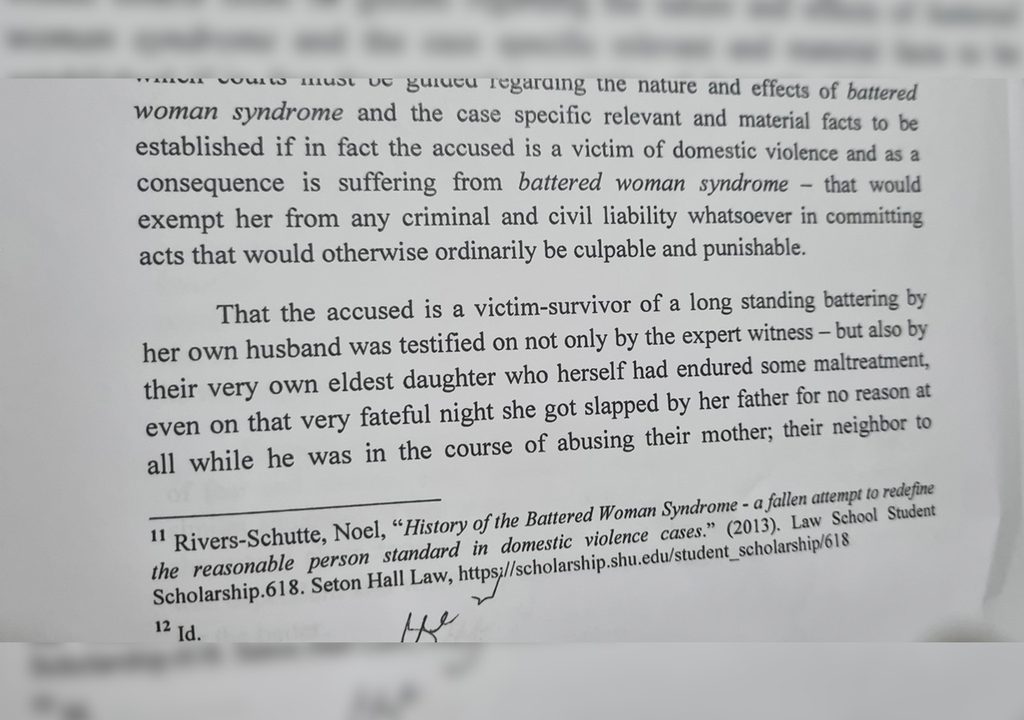
The judge said that while a sleeping husband may have posed no immediate threat, the combination of the anti-VAWC law and modern studies on BWS show that a victim-survivor could act as if she faced a current threat.
Terencio said his client, who cried after hearing the court decision, is trying to return to normal life after a five-year legal struggle.
The COVID-19 pandemic, he added, caused some delay in the resolution of the case.
Agnes Recidoro, former councilor of Balete town, the acquitted woman’s hometown, said the local government through the social welfare office would be willing to help in rebuilding her life.
“If her family knows me she could come to me personally and I am willing to help her,” said Recidoro told Rappler.
Franklin Quimpo, founding president of the Men Opposed to Violence Everywhere (MOVE) Aklan Chapter said they welcomed the court decision.
“It is a welcome development but she further needs psycho-social interventions in order for her to re-integrate in the society,” Quimpo said.
Marivic Genosa case
The SC decision cited by Tenorio overturned the death penalty imposed in 1998 against Genosa.
The majority decision, penned by then-associate Justice Artemio Panganiban used jurisprudence from other countries in tackling BWS, which places a survivor of abuse “in a constant state of self defense”.
However, Panganiban wrote that “while our hearts empathize with recurrently battered persons, we can only work within the limits of law, jurisprudence and given facts. We cannot make or invent them. Neither can we amend the Revised Penal Code. Only Congress, in its wisdom, may do so.”
The decision affirmed parricide but junked the death penalty due to mitigating circumstances and the absence of aggravating circumstance.
It reduced Genosa’s penalty to six years and one day of prision mayor as minimum; to 14 years, 8 months and 1 day of reclusion temporal as maximum. Since she had been detained for more than the minimum penalty, the High Court said she could immediately be released upon due determination of her eligibility for parole,
Nine associate justices concurred with the decision. Three joined Associate Justice Consuelo Ynares-Santiago’s dissenting opinion, which called for acquittal.
Acknowledgement of BWS as a valid form of self-defense would be “an empty victory” if antecedents of the case were ignored, said Ynares-Santiago, who said Marivic was defending herself when she killed her husband. – Rappler.com
Add a comment
How does this make you feel?
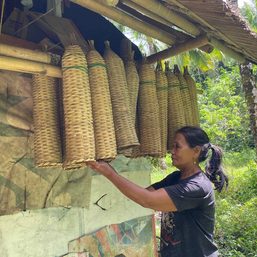
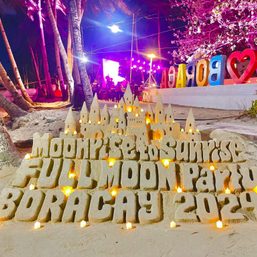
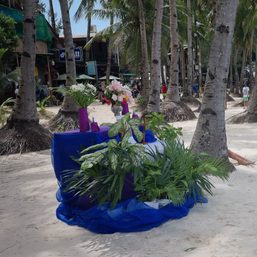
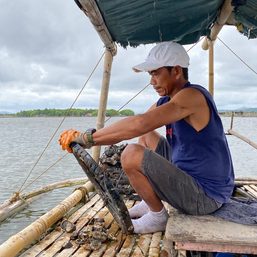
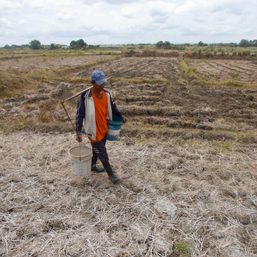
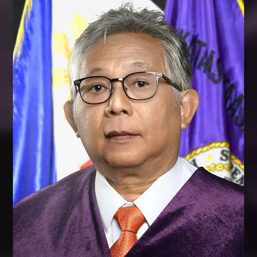
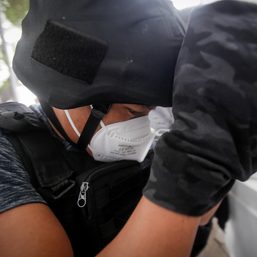

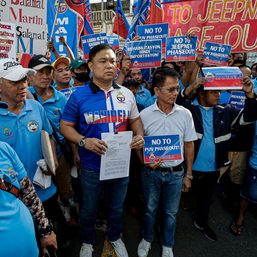
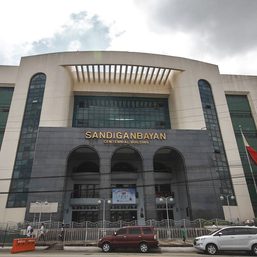
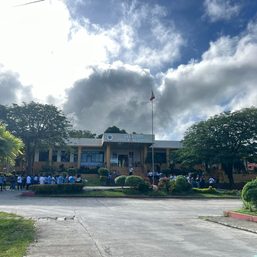
![[Ilonggo Notes] Guimaras: Geared up for success](https://www.rappler.com/tachyon/2024/05/Ilonggo-Notes-Guimaras-May-6-2024.jpg?resize=257%2C257&crop=298px%2C0px%2C720px%2C720px)
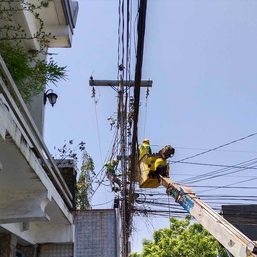

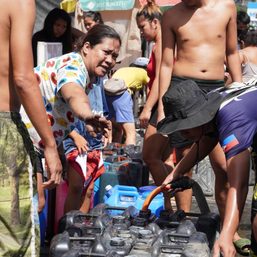
There are no comments yet. Add your comment to start the conversation.